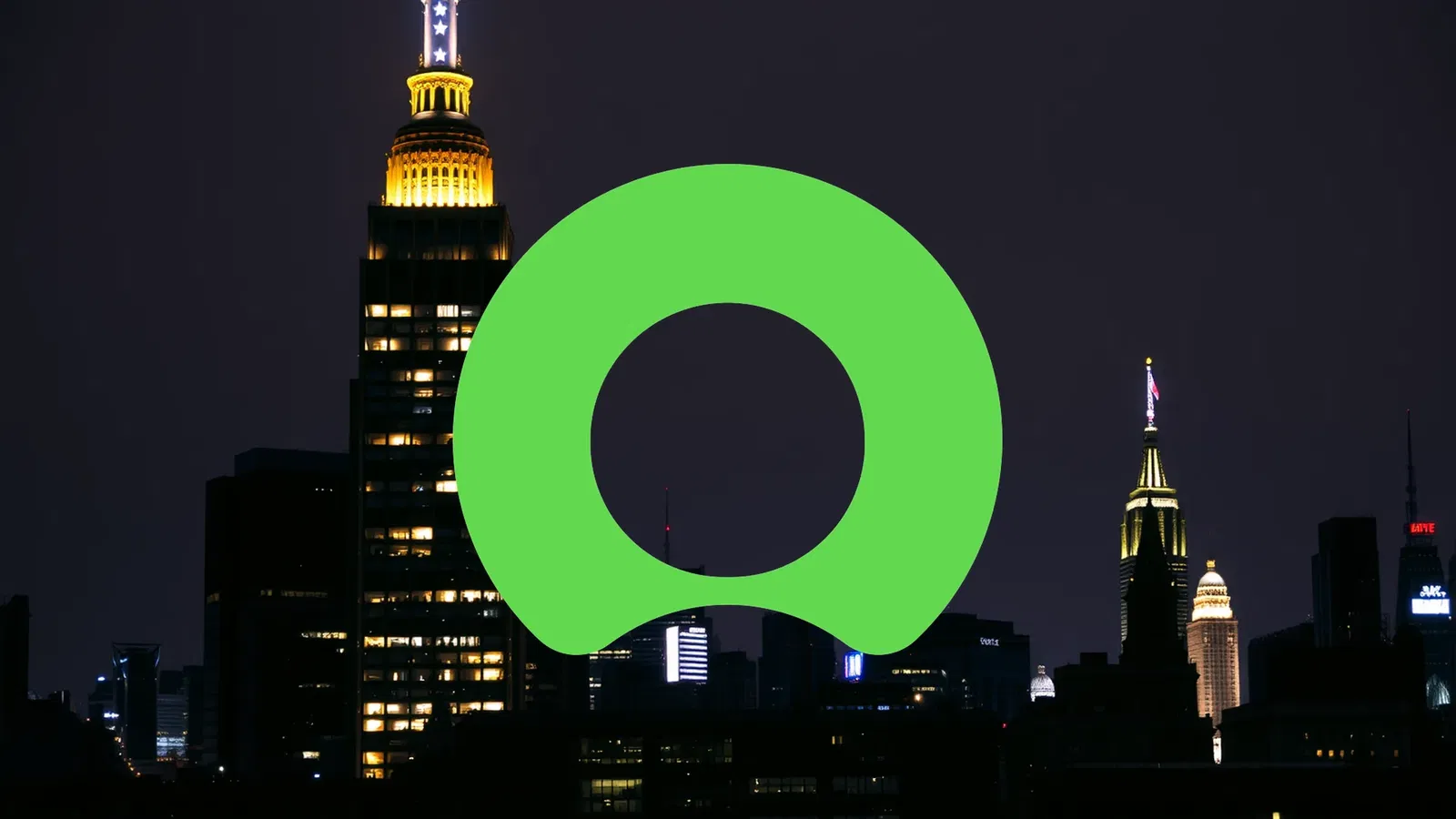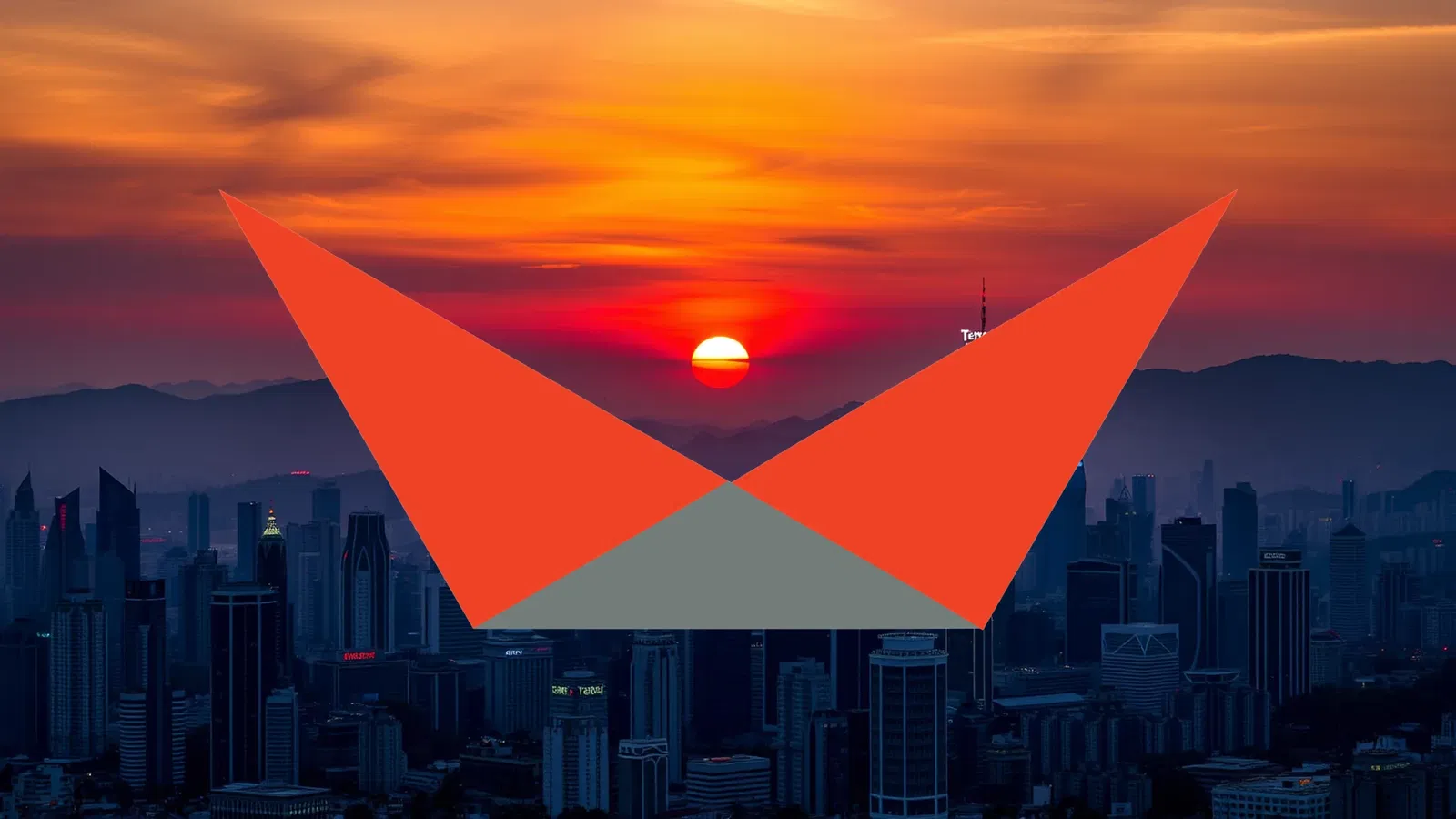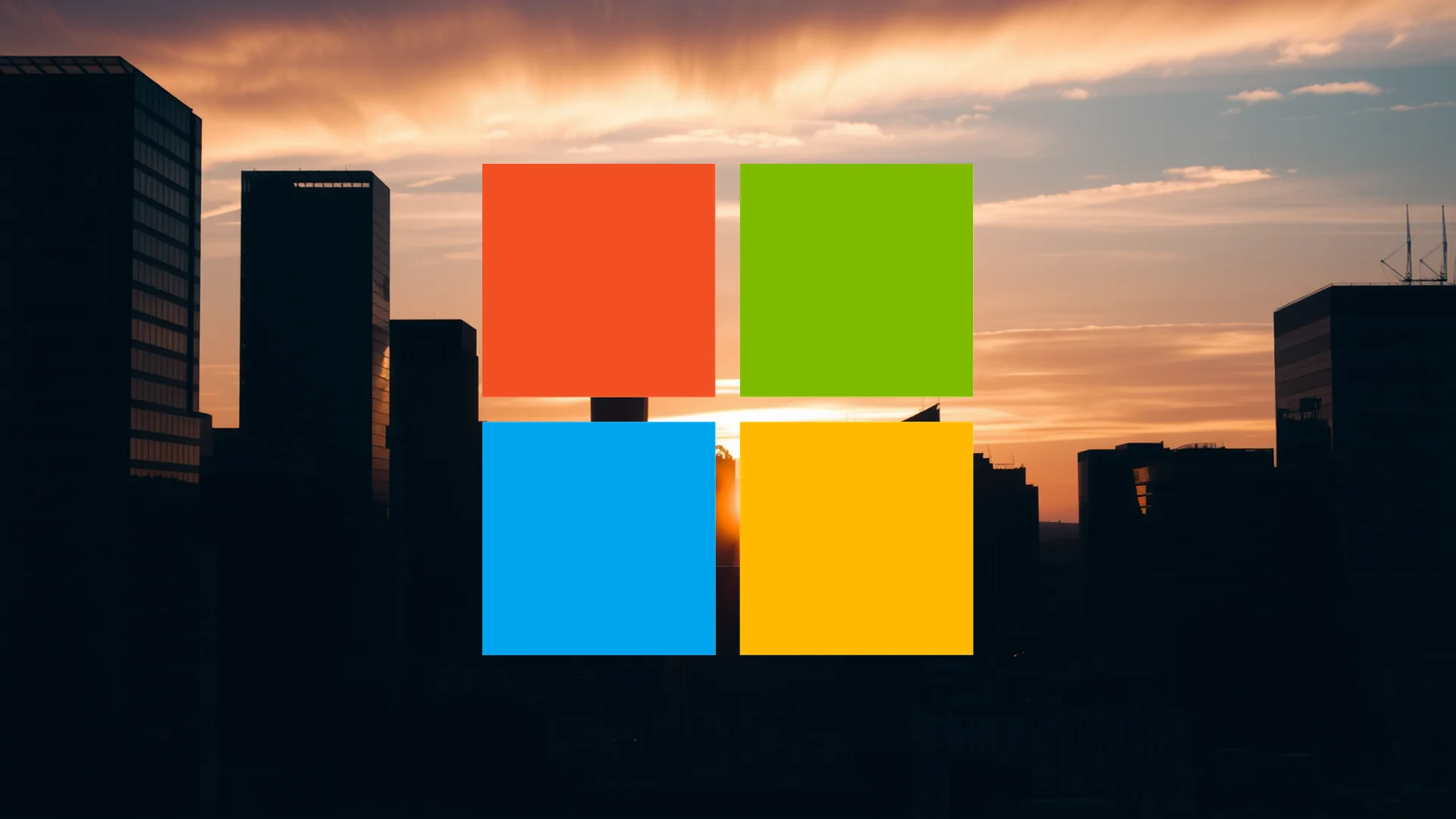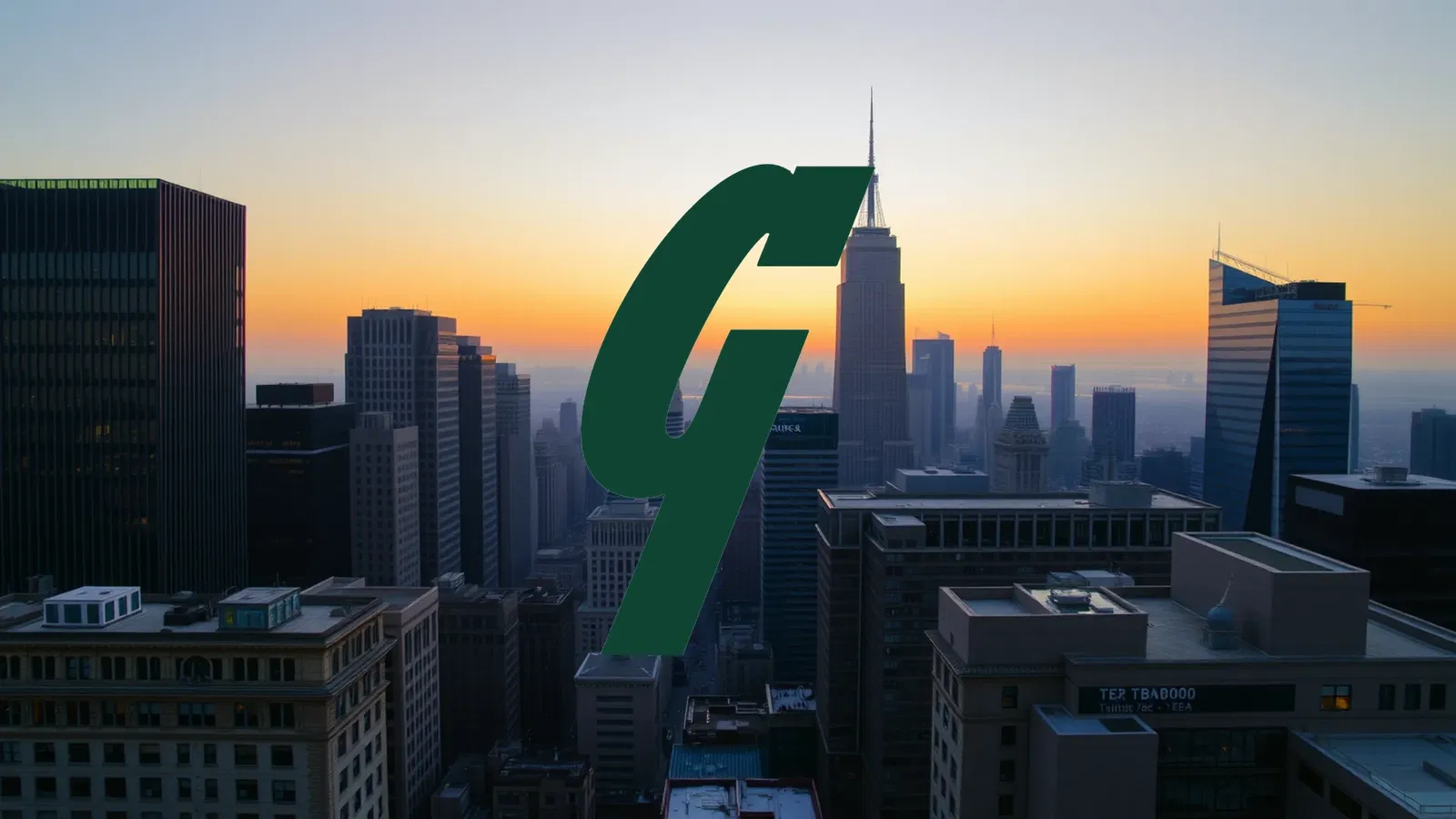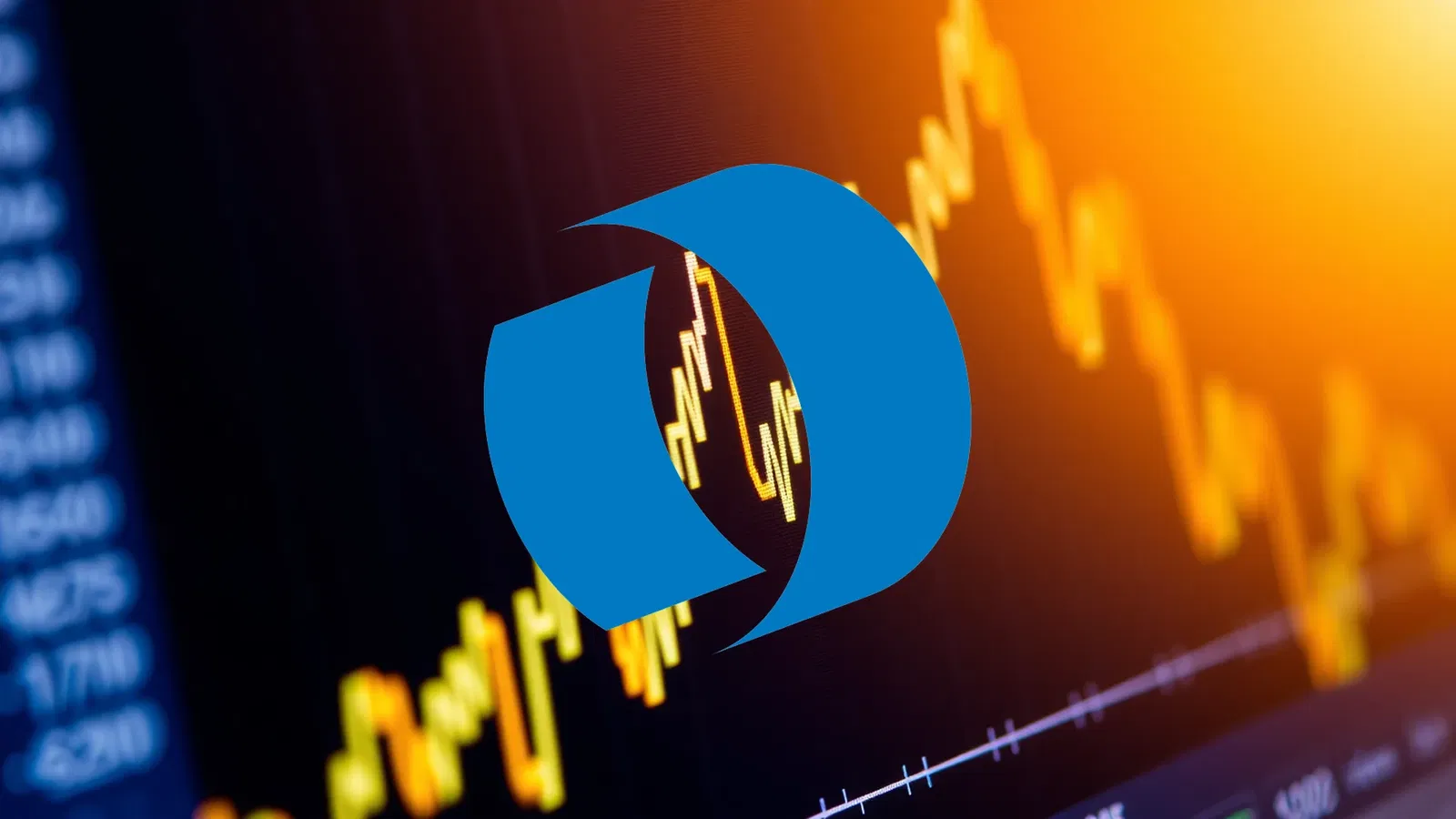The corporate saga of iSun has reached its definitive conclusion, with the former solar energy firm now undergoing complete liquidation. Investors face total losses as the company’s bankruptcy proceedings transitioned from reorganization to Chapter 7, marking the final stage of its corporate existence.
From NASDAQ to Oblivion: A Timeline of Collapse
iSun, Inc. initiated Chapter 11 bankruptcy protection in June 2024, triggering immediate suspension of its NASDAQ trading privileges. The U.S. Securities and Exchange Commission formally revoked the company’s listing approval on May 23, 2024. Since that date, the equity has traded exclusively over-the-counter under the symbol ISUNQ, with minimal trading activity reflecting the company’s dire financial condition.
The decisive turning point arrived on January 27, 2025, when the bankruptcy case converted from Chapter 11 reorganization to Chapter 7 liquidation. This legal shift represents the point of no return—instead of attempting business recovery, the company will now be systematically dismantled.
Key milestones in the decline:
* Chapter 11 bankruptcy filing: June 2024
* NASDAQ delisting: May 23, 2024
* Conversion to Chapter 7: January 27, 2025
* Asset sale approval: August 23, 2024
Should investors sell immediately? Or is it worth buying iSun?
Asset Transfer and Corporate Rebranding
A Siltstone Capital affiliate purchased iSun’s remaining operational assets for just $10 million, receiving bankruptcy court authorization on August 23, 2024. This transaction transferred the company’s business units to new ownership.
The iSun corporate identity has been entirely erased from the marketplace. The former entity and its SunCommon subsidiary now operate under the name “Original Clean Energy,” while commercial operations continue under the “Legacy Power” brand. Since September 3, 2024, newly appointed management has overseen these rebranded operations, eliminating any remaining corporate connection to the iSun name.
Implications for Equity Holders
The company’s shares currently appear on trading platforms with “potentially delisted” status and trade exclusively on the Pink Sheets. The Chapter 7 conversion eliminates any remaining possibility of shareholder recovery, as liquidation proceedings prioritize creditor claims exclusively. Common stockholders will receive no distribution, formally closing the book on iSun as an investment opportunity.
Ad
iSun Stock: Buy or Sell?! New iSun Analysis from February 7 delivers the answer:
The latest iSun figures speak for themselves: Urgent action needed for iSun investors. Is it worth buying or should you sell? Find out what to do now in the current free analysis from February 7.
iSun: Buy or sell? Read more here...


